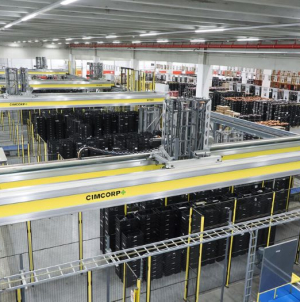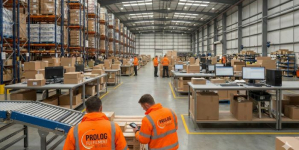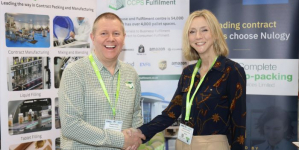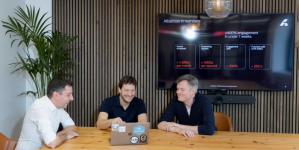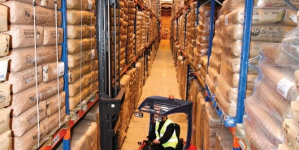-
Rite-Hite unveils new range of hydraulic kits to upgrade and extend dock leveller performance - 1 day ago
-
REWE and Cimcorp automate fresh supply chain for Berlin supermarkets and stores - 1 day ago
-
Q1 – A recovery period or time to fix, switch and scale? - 1 day ago
-
NULOGY’S SHOP FLOOR SOFTWARE TO POWER COMPLETE CO-PACKING’SOPERATIONS - February 13, 2026
-
Why lead generation depends upon good content - February 13, 2026
-
Wallapop and Albatross Sign Strategic Partnership to Bring Real-Time AI Discovery to the Future of Consumer-to-Consumer Commerce - February 12, 2026
-
Thorworld ramp helps Hubergroup to streamline its unloading operation - February 6, 2026
-
TRACKER INNOVATION FROM QUECLINK TO BOOST STOLEN VEHICLE RECOVERY PERFORMANCE - February 4, 2026
-
Flexi Narrow Aisle hits 50! - January 29, 2026
-
DERRY BROS ATTRACTS RECORD NUMBERS OF FREIGHT CUSTOMERS SEEKING CUSTOMS SUPPORT - January 29, 2026
Universal Robots Mark Gray responds to today’s UK Spring statement.
Today’s Spring statement has prompted a renewed focus on the UK’s productivity, with the Shadow Chancellor highlighting Britain has the lowest rate of industrial robot use in the OECD.
In response, Mark Gray, Universal Robots has made the following comments:
“It is correct to say the UK has the lowest robot density in Europe and that it is the only G7 country that is lower than the world average. However, that means there is huge potential for our manufacturing base to leverage automation and increase productivity.
The high costs and inflexibility of traditional industrial robots puts them out of reach of the average SME. However, collaborative robots (cobots) are very different as they typically achieve payback within just six months. As UK manufacturers consider the consequences of Brexit to their operations cobots offer a clear strategy for addressing skills shortages, increasing output and upping productivity.





























